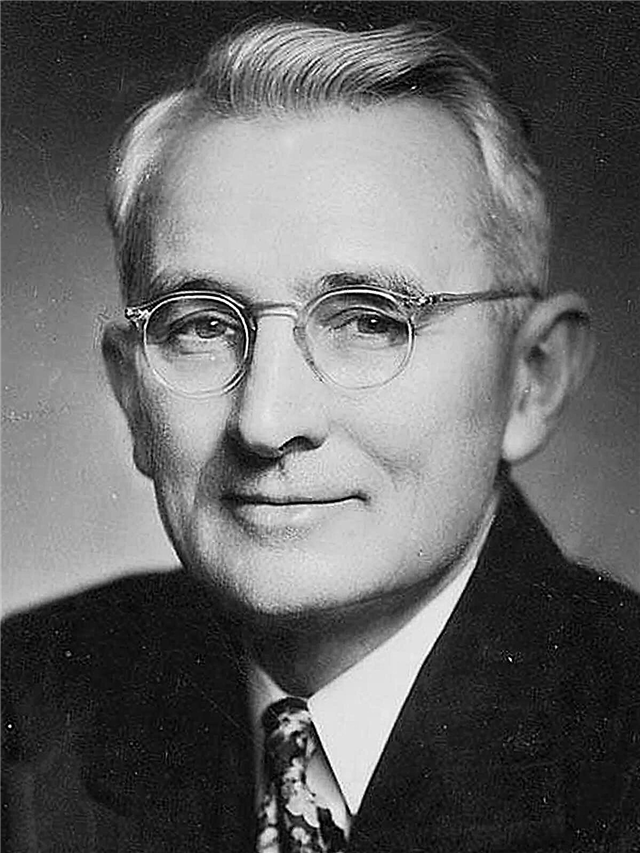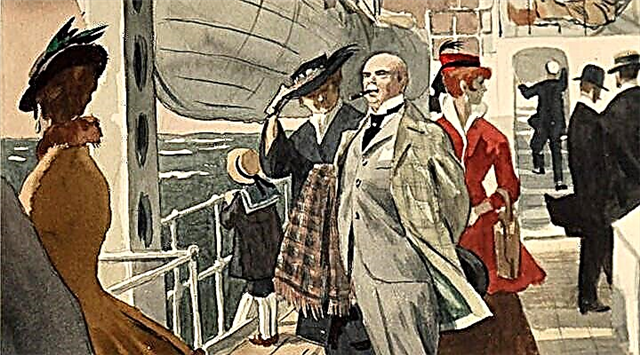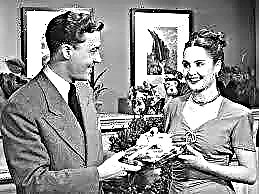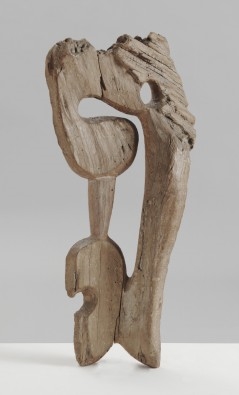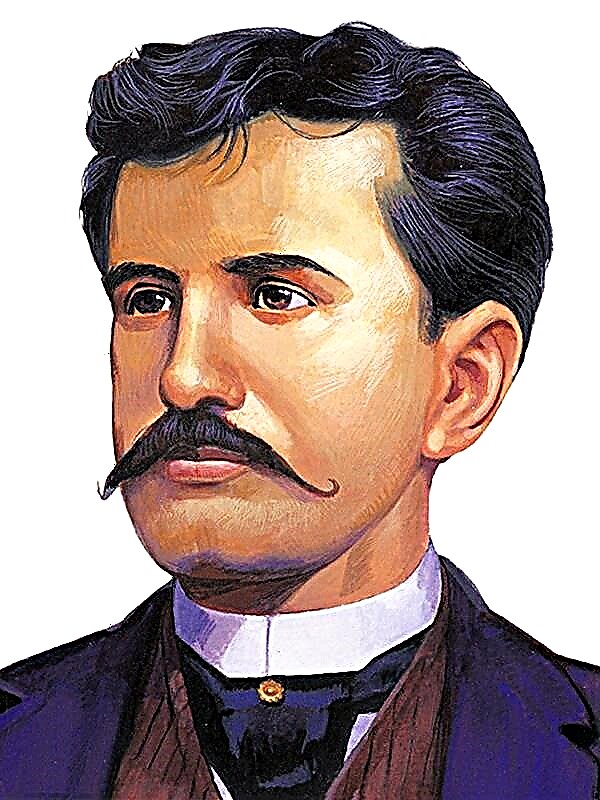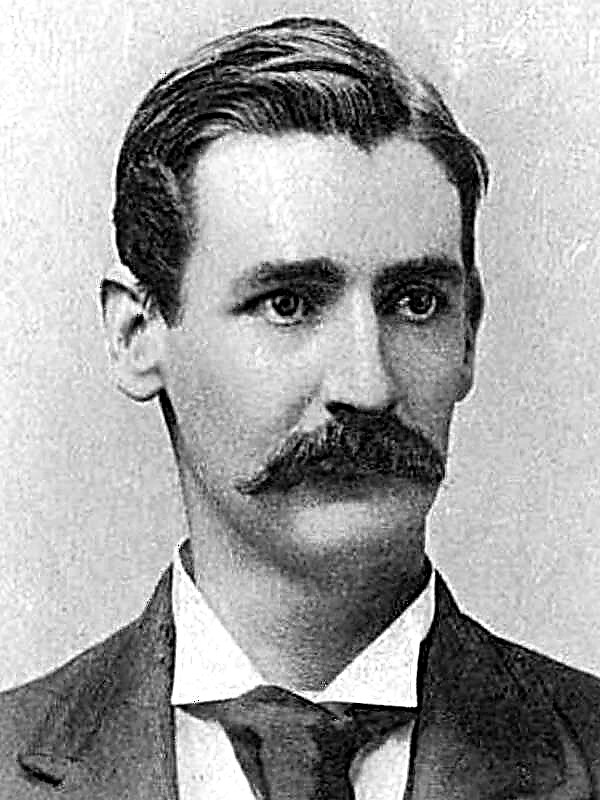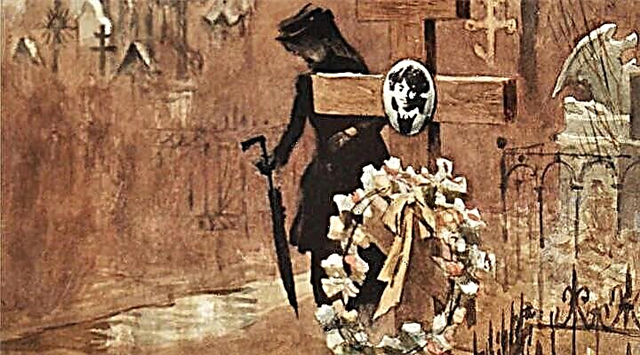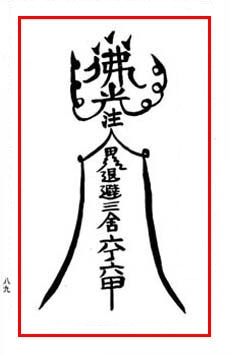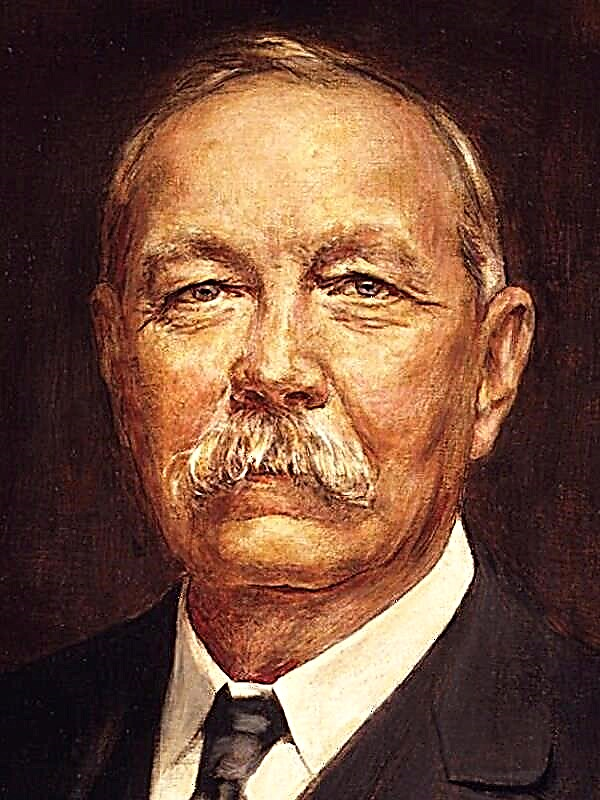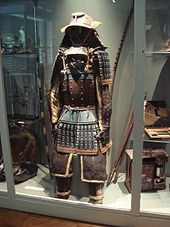Nikolai Stepanovich Gumilev - the great poet and prose writer, translator and theorist of the 20th century, it is he who is prescribed the substantiation of the theory of acmeism. However, the author is famous not only for theory, but also for practice. Many of his poems are known and loved by the Russian reader. For example, "Giraffe".
History of creation
Speaking about the poet, it is impossible not to remember his wife - Anna Andreevna Akhmatova. The Gumilyov family until the beginning of the First World War was the only joy for the young author, but 1914 became a kind of Rubicon for Nikolai Gumilyov - constant disagreements with his wife about a lifestyle, mutual betrayal and disbelief began. We can safely say that because of such strong feelings and emotions, the writer begins a very productive period of creativity. A man of great talent, unfortunately, lived a very short life: he was arrested in 1921 on suspicion of a state conspiracy and in the same year he was shot, leaving behind immortal works. One of these lyric works can be safely called the poem "Giraffe".
Nikolai Gumilev devoted his whole life to travel, the poet considered his main passion not literature, but an irresistible desire to find "heaven on earth." He explored a huge number of far corners of the Earth, and now, having returned in Russia in 1907 from a very long trip to Africa, Nikolai Stepanovich wrote the poem "Giraffe" - a kind of awkward dialogue with a mysterious interlocutor.
Genre, direction and size
Gumilev - "the father of Russian acmeism", it was he who most accurately and fully outlined the provisions of the literary modernist trend, new for the 20th century. Acmeism set itself the goal of writing "art for art's sake." The first Acmeists almost completely abandoned the principles of symbolism, proclaimed the clarity of language and aesthetics in poetry.
The poem "Giraffe" is written by amphibrach with the use of cross rhyme (ABAV). According to M. L. Gasparov’s article “Meter and Meaning”, amphibrach is the most suitable poetic size for depicting a light, calm feeling and being, which is why Gumilev uses it.
Images and Symbols
The presence of the lyrical hero in the poem is felt immediately. The work opens the storyteller's appeal to his mysterious interlocutor. The system of images and symbols in Giraffe cannot be called ramified; Gumilev paints us with the image of a “paradise place” in which he managed to find himself.
The central image of the poem becomes the giraffe himself - a kind of magical creature, a symbol of bliss, the coloring of which resembles the sails of a ship, and smooth movements look like a “joyful bird flight”. The poet is genuinely enthusiastic about this animal and is associated with dreams of freedom and independence, the search for which forces Nikolai Gumilyov to undertake fantastic expeditions to the most distant continents.
Themes and mood
- Theme of happiness. The description of an idealistic picture, which Gumilyov masterfully reproduces, plunging into memories, can definitely be considered the basis of the lyric work. A green oasis, a cool and crystal clear lake of Chad, on the shore of which a strange creature called a giraffe wanders - this is what fills the heart and soul of a lyrical hero with calm and happiness.
- Dream theme. The hero realizes that the ideal world is illusory, but this does not at all mean for him that a dream cannot be fulfilled. In his work, the poet, experiencing a deep disappointment in life, is still a romantic. Gumilev continues to believe in fairy-tale worlds, so the giraffe in his poem appears as a kind of mythical creation, and not a specific exotic animal.
- The problem of anxiety and vanity of life, escape from reality. The narrator has a storm of feelings and doubts that cannot be eliminated even on the shores of the magical lake of Chad in the company of a free and free giraffe. But he wants so much to feel the dream that he is ready to convince himself and his mysterious interlocutor, because the main thing is to forget these feelings at least for a moment, so that for a moment they suspend the endless search for heaven on Earth.
Main idea
The meaning of the poem is to remind a person of a simple thing - you need to find happiness in life. It doesn’t matter how many trials you encounter along the way, how long the quest will take, but you must not give up. The lyrical hero, like Gumilev, is in an eternal search for grace, but the narrator allows himself to enjoy a bad situation, even if the situation is not quite perfect.
The main idea of the poem is the affirmation of the value of a dream, its inescapable significance in human life. Only dreams give him shelter in the abyss of everyday life and anxiety. They inflate the sails of his ship, which rushes towards its harbor.
Means of artistic expression
A relatively small poem is filled with fine expressive means, mainly epithets and metaphors.
Speaking primarily about epithets, it is worth noting their high imagery:
- “Joyful bird flight” - conveys that magic and lightness of the image of a giraffe, because what can be weightless than a flight;
- "Mysterious countries" - an epithet that conveys not that states are covered in secret or secret, but their distant and exotic nature is illustrated. The hope is conveyed that, at least in such non-close countries, it will be possible to find a "paradise";
- “Heavy fog” is an epithet of heavy life in which there is no place for ordinary worldly happiness;
- “Unthinkable herbs” - the epithet again conveys the remoteness of “paradise” from the place of ordinary life, because we can’t only think about what we never saw, and we don’t even realize that this exists.

